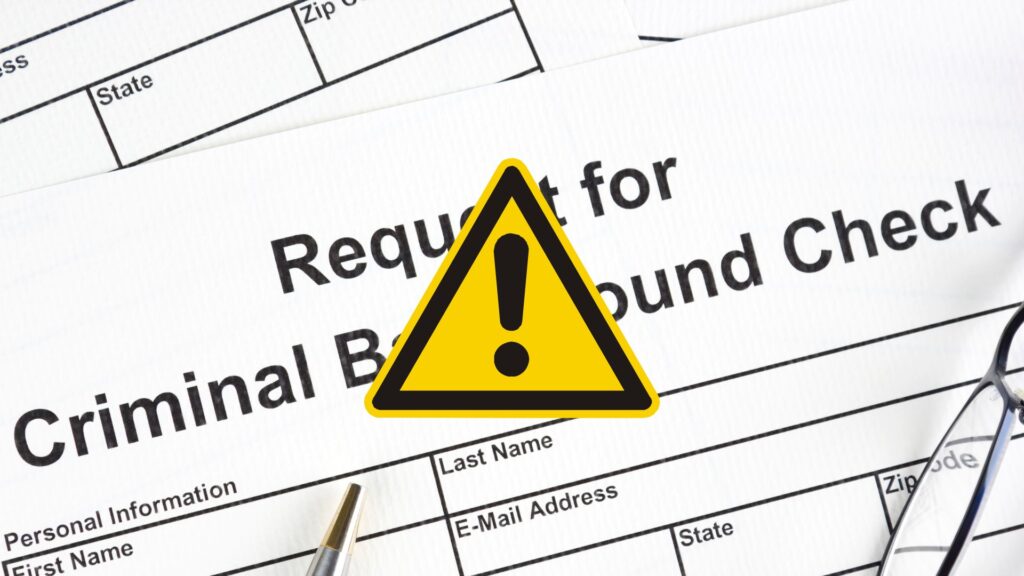
The allure of instant, automated background checks for hiring is tempting. There’s always pressure to snap up a candidate who shines in interviews and whose resume seemingly backs up their claims. But businesses should be aware of the potential pitfalls and risks associated with solely relying on online databases for this crucial task.
Implementing a comprehensive, diligent approach to employee screening can safeguard businesses from unnecessary risk and liability while ensuring compliance with all relevant laws.
Here are the key points to consider:
Up-to-date information is key
Online databases often lag in updating information, leading to outdated results. This could potentially expose businesses to unnecessary risk and liability.
Accuracy matters
Instant results don’t equate to accurate results.
Automated screening models can overlook pertinent information due to preset filtering criteria. This can result in serious offenses being overlooked or crimes falsely pinned to the job candidate, particularly when dealing with common names.
Another consideration: Databases may generate a reported conviction when it was in fact dismissed or expunged at a later date. Relying on unverified, instant results could lead to bad hiring decisions, exposing businesses to lawsuits and reputational damage.
No comprehensive national criminal database
Despite what some background checking websites claim, there’s no fully reliable national database for criminal records accessible for employment purposes.
At the most basic level, a comprehensive screening should include a social security number trace for identity verification), address History, national criminal records database scan, county criminal courthouse search and sex offender registry.
There are bad, better and best ways to conduct a background screening – and anything less than the best process can leave your business open to risk.
Legal Regulations and Consent
The use of criminal history information in hiring decisions falls under the Civil Rights Act and by the Equal Employment Opportunity Commission (EEOC). Employers must demonstrate that criminal conduct exclusion is job-related and consistent with business necessity.
Additionally, the Fair Credit Reporting Act (FCRA) requires written consent from the individual for a background check to be conducted. Many online background check services do not require this consent, which could lead to legal complications.
Increasing laws protecting individuals with criminal records
A growing number of states and municipalities have implemented laws restricting what information can be used to consider individuals for jobs. This includes ‘ban-the-box’ laws prohibiting employers from asking about criminal history on job applications. Further, some ‘ban-the-box’ laws restrict employers from considering criminal records beyond 7 years. Most online search sites are not comprehensive enough to account for such nuances.
Legal implications
Basing hiring decisions on instant background results that are inaccurate or include information not legally allowable can lead to non-compliance with employment law. Businesses could be held liable for violating the Fair Credit Reporting Act (FCRA) and certain state or local laws.
The Bottom Line
While online databases are tempting, especially when they promise instantaneous results, the pitfalls often outweigh their value.
To make informed hiring decisions, reduce the risk of litigation, and uphold their reputation, businesses need to understand the limitations of these tools or face a raft of legal and reputational consequences.
As a premier consumer reporting agency, First Contact HR strictly follows the FCRA, ensuring that clients establish an employment screening program that meets industry standard, applied consistently and is non-discriminatory.

